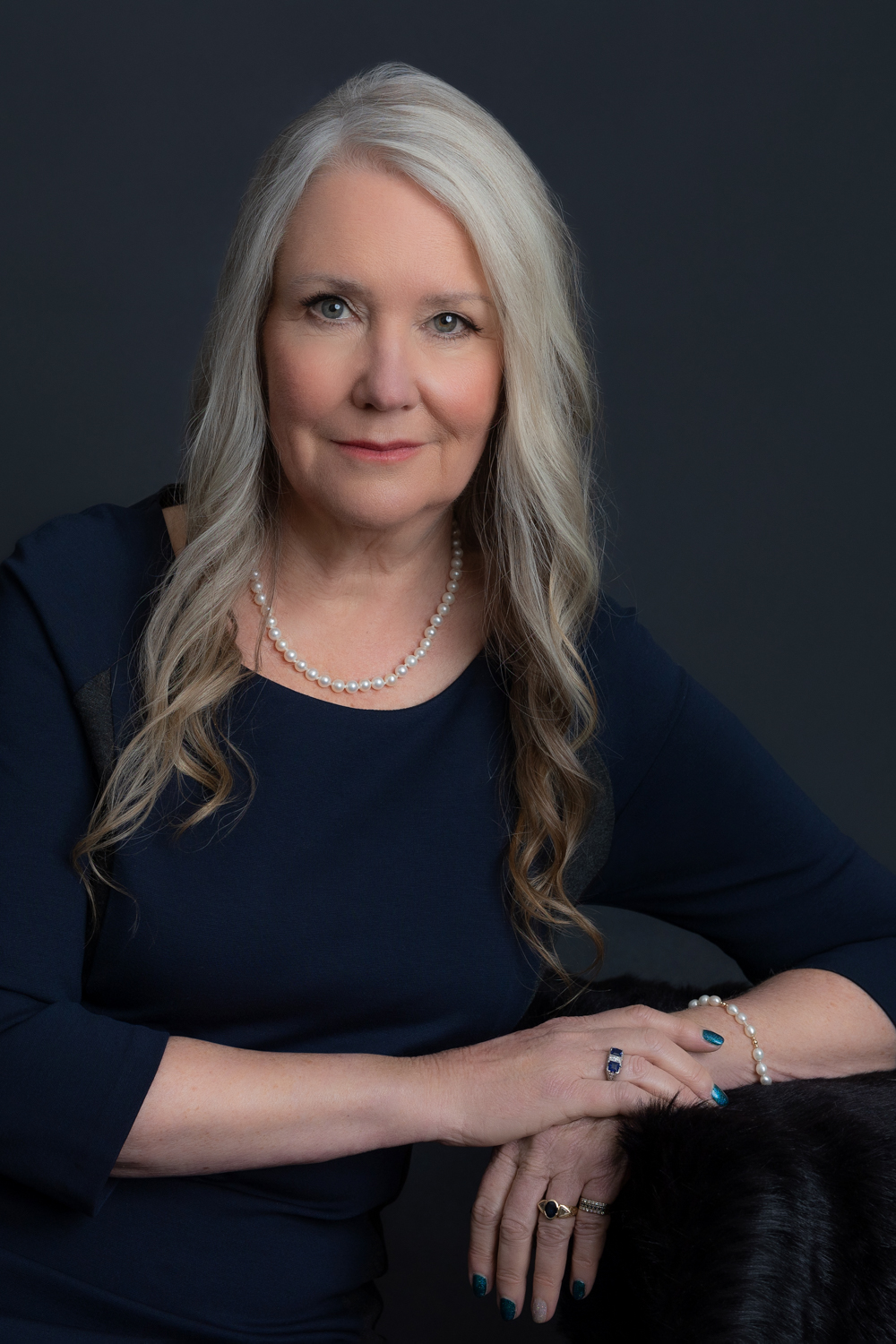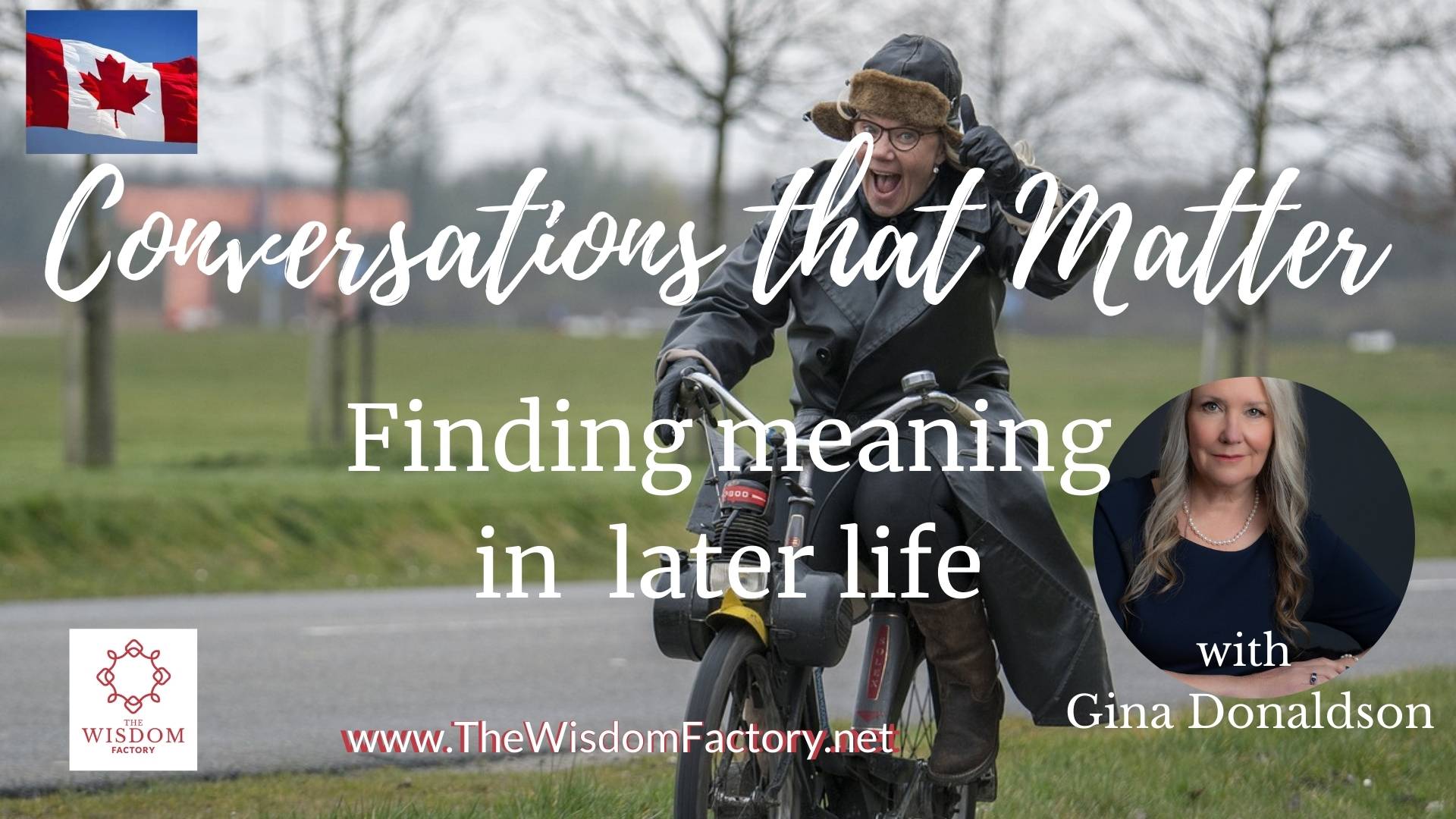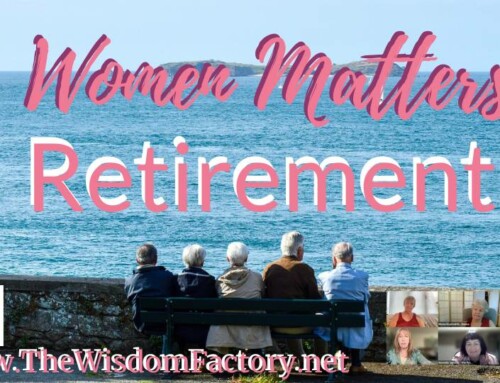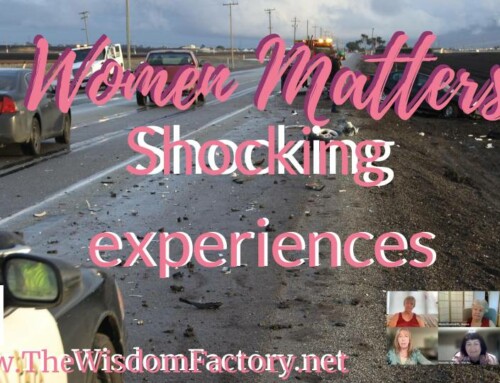
CONVERSATIONS THAT MATTER
How to best meet the ageing process – a conversation with Gina Donaldson
Heidi writes
For many people it is difficult to find sense in their lives when they retire and their professional life comes to an end. When they were identified with their work they might find it difficult to find a good reason to get up in the morning and quite a few people die a few years after retirement.
This is not "normal", but we have many ways of feeling "useful" in later years. Taking care for others, grandchildren or alike, devloping a hobby like learning an instrument or starting to paint. At the bottom of all it is LEARNING which saves us from a boring emptiness and opens new horizons, free from the need to respond to the dictates of the clock or other people.
A conversation recorded in August 2024
Summary
Gina Donaldson discusses her journey into studying aging, emphasizing the importance of community engagement and personal purpose in later life.
Highlights
- 🌍 Gina Donaldson is navigating personal passage planning, focusing on older adults.
- 📚 She is pursuing a program in Social Dimensions of Health at a local university.
- 🤝 Community engagement is vital for combating loneliness in older adults.
- 🎨 Learning new skills, like drawing or music, can enhance quality of life.
- 💬 Conversations about purpose in later life are often overlooked.
- 🧠 Neuroplasticity allows older adults to learn and grow at any age.
- 🌟 Finding joy and purpose is essential for mental health in retirement.
Key Insights
- 🧓 Redefining Aging: Aging should be viewed as an opportunity for growth, not decline. This perspective encourages older adults to explore new interests and learn continuously.
- 🏡 Community Matters: Creating supportive environments in assisted living can enhance the quality of life for older adults, promoting engagement instead of isolation.
- 🎓 Lifelong Learning: Embracing education and new experiences fosters social connections and mental well-being, reinforcing that it’s never too late to start something new.
- 💪 Empowerment Through Choice: Encouraging older adults to take charge of their happiness can lead to richer, more fulfilling lives, moving away from passive acceptance of circumstances.
- 🤗 The Impact of Social Interaction: Engaging with others, whether through volunteering or shared interests, significantly contributes to emotional health and combats loneliness.
- 🔄 The Importance of Perspective: Changing how society views older adults can lead to more opportunities for involvement and personal fulfillment in later life.
- 🌈 Finding Meaning: Developing a sense of purpose after retirement is crucial; it can be as simple as engaging in hobbies or community activities, leading to a more vibrant life.
About Gina Donaldson







Leave A Comment